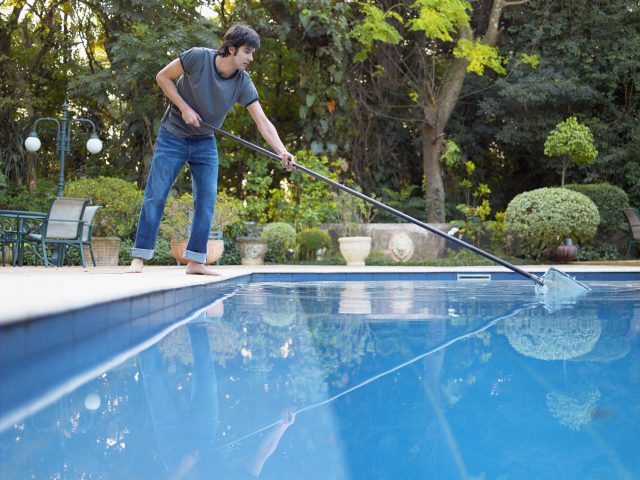Did you know allowing even small pools of stagnant water to remain near your residence could subject your household to a lot of discomfort this summer? Although tiny in size, mosquitoes sometimes deliver painful, itchy stings. They insert a sharply pointed mouthpart called a proboscis through the skin to feed on the blood of human beings, wildlife and pets. Not surprisingly perhaps, mosquitoes sometimes transmit infectious diseases.
Water And Mosquitoes
Some varieties of mosquitoes actually lay eggs directly on top of shallow water. Many others rely on water as an environmental trigger for the hatching of their eggs (previously laid in dry locations). You’ll want to eliminate stagnant water on you premises to avoid encouraging the emergence of new mosquitoes. Shallow, still water offers a great habitat for the production of large numbers of these pesky insects.
Empty Out Waterlogged Containers
For instance, even if you perform yardwork on a regular basis, in some locations you may discover mosquito populations emerging from shallow temporary pools of water after heavy rains. These mini-habitats may exist for just a few days, yet they sometimes contribute significantly to local mosquito numbers. Some experts recommend policing your yard regularly to empty out deposits of rainwater ponding in empty flower pots, bird baths, spare tires, garden pails and lawn ornaments. Remember to empty out unused inflatable plastic wading pools in backyard play areas, too!
Landscaping to Eliminate Water Ponding
If you notice periodic water accumulation in low lying areas of the yard, you may wish to consult with a landscaper. A variety of techniques enable property owners to prevent temporary water pooling. Particularly if you’ve observed mosquito infestations in these areas in the past, remedying these types of seasonal water drainage problems could help you reduce the numbers of these insects in your yard. Potential solutions might include filling in shallow depressions in the yard with earth and new turf, or building retaining walls to correct some water ponding issues.

Perform Necessary Roof Maintenance
Additionally, in some locales, homeowners need to take particular car to maintain clean roof gutters and gutter downspouts during warmer months of the year. If a clog prevents water from draining out of your home’s gutter quickly and water remains in the gutter for extended periods of time, you might unintentionally foster a temporary mosquito habitat right outside your residence. Homeowners should also discourage climbing vines and ivy from growing along gutter pipes. Remove this vegetation to reduce the risk of a gutter obstruction developing during the summer.
Manage Water Sprinkling Systems
Another useful step to control water ponding around your residence involves using water efficiently in sprinkler systems. For instance, in some regions, heavy daily rainfall already contributes extensive moisture to lawns and gardens; automatically sprinkling the grass during rainy periods could promote damp conditions and drainage problems, ultimately encouraging mosquito activity. Today some sprinkler systems work compatibly with control devices which ensure watering occurs at designated times. Some units include sensors to prevent sprinklers from operating unnecessarily during downpours. If you use a sprinkling system, you might want to consider taking steps to prevent overwatering in wet environments. You’ll control water bills more effectively and avoid creating temporary water ponding (and mosquito habitats) in your lawn.
Charlie Teschner started MESA Plumbing, Heating, and Cooling in 1982. Charlie has a journeyman and master plumber’s license. He was raised with a strong work ethic and he now applies those values to tasks such as Longmont, CO heating repair.
